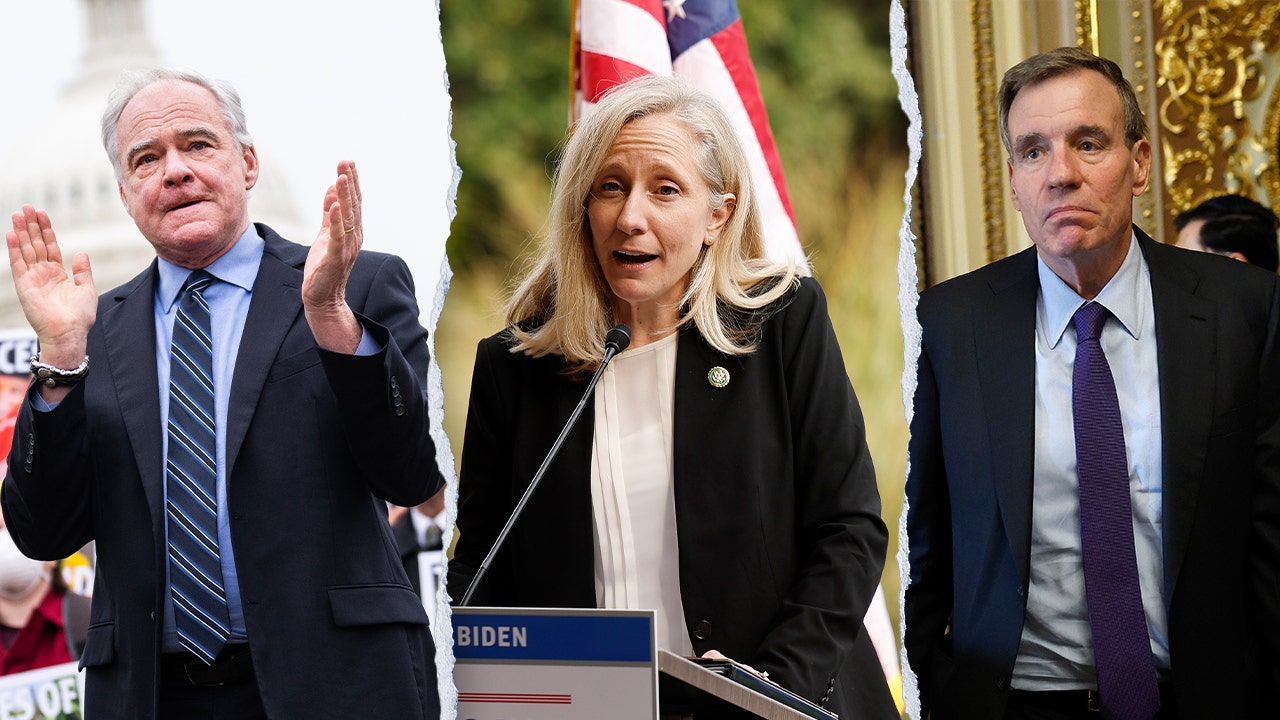Peter Thiel is a genuinely interesting character. He’s a billionaire investor who recently gave a series of talks in San Francisco on the topic of the antichrist. Here’s how the Catholic Herald described the event in general terms.
One of the richest and most powerful men in the world has just completed a series of four off-the-record lectures on the Antichrist at the Commonwealth Club in San Francisco. The talks set an eerie tone for political and technological developments in the 21st century.
Organized by the Acts 17 Collective – which describes itself as “a community of thinkers, builders, artists and leaders who are wrestling with what it means to live with purpose and conviction” – the talks occurred on 16 September, 23 September, 30 September and culminated on 6 October. They were given by Peter Thiel, co-founder of PayPal and Palantir Technologies, a self-described Christian influenced by Catholic philosopher René Girard, as well as openly homosexual and libertarian in his political outlook.
As mentioned, these talks were supposed to be completely off the record and when notes from the first talk were published by one attendee, he was publicly disinvited from the remaining talks. But it may also be the case that making his talks forbidden knowledge was intended to ensure they would attract a larger audience, which is both clever and pretty ironic for a talk on this specific topic.
So what is Thiel on about? Well, his basic arguments (for a while now) has been that the speed of human progress seems to have slowed down considerably over the last several decades. With the exception of cell phones and the internet, he argues that not much has changed and that the stagnation he sees is largely the fault of government intervention. Here’s a bit of an interview he gave to Ross Douthat of the NY Times this summer.
Thiel: Yes. I still broadly believe in the stagnation thesis. It was never an absolute thesis. The claim was not that we were absolutely, completely stuck; it was in some ways a claim about how the velocity had slowed. It wasn’t zero, but 1750 to 1970 — 200-plus years — were periods of accelerating change. We were relentlessly moving faster: The ships were faster, the railroads were faster, the cars were faster, the planes were faster. It culminates in the Concorde and the Apollo missions. But then, in all sorts of dimensions, things had slowed.
I always made an exception for the world of bits, so we had computers and software and internet and mobile internet. And then the last 10 to 15 years you had crypto and the A.I. revolution, which I think is in some sense pretty big. But the question is: Is it enough to really get out of this generalized sense of stagnation?…
People ran out of ideas. I think, to some extent, the institutions degraded and became risk averse, and some of these cultural transformations we can describe. But then I think to some extent people also had some very legitimate worries about the future, where if we continued to have accelerating progress, were you accelerating toward environmental apocalypse or nuclear apocalypse or things like that?
But I think if we don’t find a way back to the future, I do think that society — I don’t know. It unravels, it doesn’t work.
The middle class — I would define the middle class as the people who expect their kids to do better than themselves. And when that expectation collapses, we no longer have a middle-class society. Maybe there’s some way you can have a feudal society in which things are always static and stuck, or maybe there’s some way you can ship to some radically different society. But it’s not the way the Western world, it’s not the way the United States has functioned for the first 200 years of its existence.
So the antichrist lectures (which have now leaked to the Washington Post) were an attempt to make this into, literally, a religious and apocalyptic argument about the dangers of failing to return to our previous acceleration and instead settling for some kind of tightly controlled world government in which risks aren’t really allowed anymore.
He argued that those who propose limits on technology development not only hinder business but also threaten to usher in the destruction of the United States and an era of global totalitarian rule, according to the recordings.
“In the 17th, 18th century, the Antichrist would have been a Dr. Strangelove, a scientist who did all this sort of evil crazy science,” Thiel said in his Sept. 15 opening talk, according to the recordings. “In the 21st century, the Antichrist is a Luddite who wants to stop all science. It’s someone like Greta or Eliezer,” he said, referring to Thunberg and Eliezer Yudkowsky, a prominent critic of the tech industry’s approach to AI…
Thiel said in his third lecture, on Sept. 29, that only a religious argument could inspire the proper response to the threat of a growing web of global rules, according to the recording.
“There are a lot of rational reasons I can give why the one-world state’s a bad idea: Turn the planet into a prison; I think the tax rates would be very high,” he said, according to the recording. “But I think if you strip it from the biblical context, you will never find it scary enough. You will never really resist.”…
Thiel argued that critiques of technology and calls for stricter regulation by Thunberg and others appear to echo biblical interpretations of an Antichrist who will win power by offering the world “peace and safety” from apocalyptic destruction, according to the recordings.
Unfortunately, the Post’s review of Thiel’s lecture spends a lot more time offering a Gorillas in the Mist style take on the world of wealthy, Silicon Valley Christians than it does conveying a sense of Thiel’s thoughts. It’s hard to tell if that’s because the Post assumes its liberal readers wouldn’t be interested in religious talk or because the Post’s authors didn’t understand it. Maybe it’s a bit of both.
My own take is that some of what he’s saying resonates with me politically, more than it does religiously. There is a conflict going on right now for the future of the planet and there are really two general approaches which are not at all compatible. Ultimately, it seems possible that technological leverage could give one side or the other a lasting advantage. China is willing to beg, borrow and steal to become our political and ideological rival. If we sit on our hands and fret and refuse to take risks, more of the world will wind up like China, a technocratic police state where human freedom isn’t even a factor in the equation. That really is apocalyptic and scary if you think about it seriously.
Whether you agree with Thiel or not he’s certainly interesting to listen to and someone with a fairly unique take on the world at this moment in time. I’d like to hear more of what he had to say.
Read the full article here






![Dem Rep Goldman Gets Destroyed Live on CNN Over His Party’s Violent Rhetoric [WATCH] Dem Rep Goldman Gets Destroyed Live on CNN Over His Party’s Violent Rhetoric [WATCH]](https://www.lifezette.com/wp-content/uploads/2025/10/2025.10.10-11.44-lifezette-68e8f183764db.jpg)
![Peru’s President Boluarte Removed by Congress; Successor Declares ‘War on Crime’ [WATCH] Peru’s President Boluarte Removed by Congress; Successor Declares ‘War on Crime’ [WATCH]](https://www.rvmnews.com/wp-content/uploads/2025/10/2025.10.10-02.35-rvmnews-68e919cea569a.jpg)


![Former Penthouse Star Allegedly Targeted Lonely Elderly Men in Malibu Theft Ring [WATCH] Former Penthouse Star Allegedly Targeted Lonely Elderly Men in Malibu Theft Ring [WATCH]](https://www.rvmnews.com/wp-content/uploads/2025/08/2025.08.04-08.30-rvmnews-6891187c13b53.jpg)

